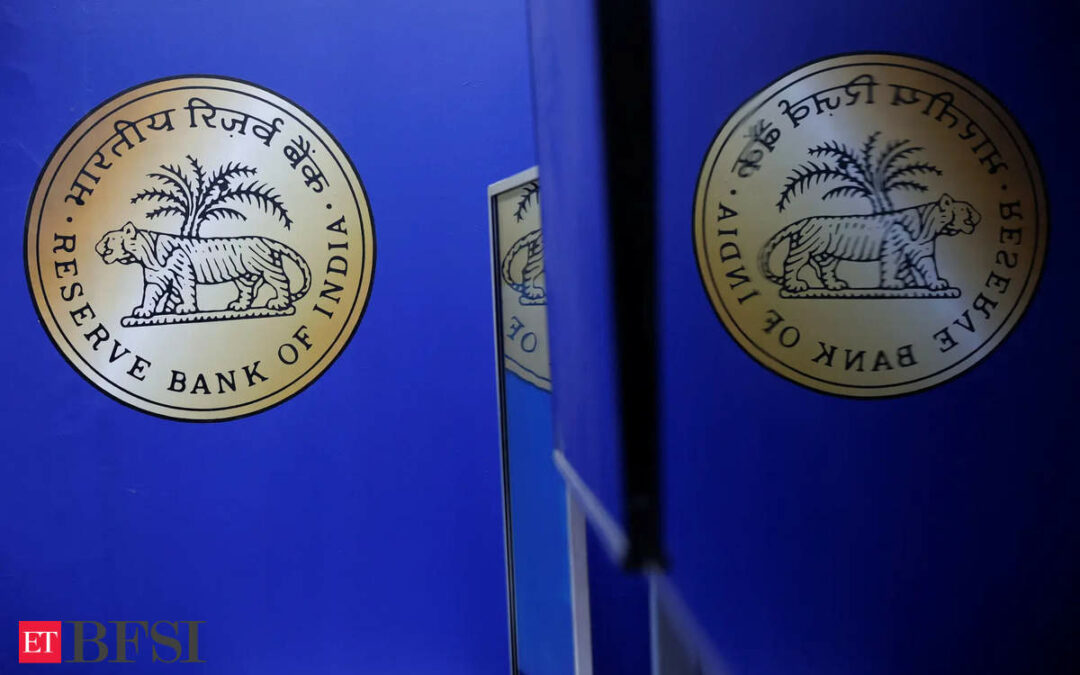The proliferation of fintech players in the light commercial vehicles and two-wheelers financing space has caught the eye of the regulator. The Reserve Bank of India (RBI) has red-flagged the aggressive onboarding of customers during its interactions with the industry, as the practice simultaneously hurts financial discipline of borrowers and balance sheets of the lenders.
Officials in the know said that the regulator’s worry stems from the fact that some fintech companies are tapping first-time buyers of used vehicles and the driver-cum-owner segments—the most vulnerable to unsustainable borrowing
At the end of June 2025, fintech lenders had disbursed total loans valuing INR 37,676 crore as per data with Fintech Association for Consumer Empowerment (FACE), an RBI-recognised self-regulatory organisation in the fintech sector. Sources within the industry say that less than 10% of this was towards used vehicles and first-time buyers. “In frequent interactions with fintech players the regulator has red-flagged vulnerabilities in financing first-time buyers of used vehicles, who remain vulnerable on the asset quality front,” said one of the officials in the know.
In August this year, the regulator had also said that some banks and non-banking financial companies were not following norms on top-up loans pertaining to the “loan to value” (LTV) ratio and the monitoring of the end use of funds.
These fintech lenders were also providing support to existing borrowers in the form of top-up loans for purposes such as tyre replacement, insurance purchase, filling up fuel, working capital needs, as well for consumption purposes.
“Excessive loan-to-value ratios and top-up loans have witnessed a downward trend, especially in the used car segment after the increase in delinquency and the warning issued by the regulator a few months ago,” said another person. In October this year, the regulator had directed Sachin Bansal’s Navi Finserv, Asirvad Micro Finance, Arohan Financial Services and DMI Finance to cease and desist from sanction and disbursal of loans. The RBI cited material supervisory concerns related to loan pricing practices. The ban on Navi was lifted last week.
The MFI and fintech industry have been grappling with the issue of customers having more than four loans with a total outstanding of more than INR 2 lakh. In the June 2024 edition of Financial Stability Report, the RBI raised the red flag on high delinquency levels of fintech lenders.
“NBFC-fintech lenders have the highest share in sanctioned and outstanding amounts; they also have the second highest delinquency levels, only below that of small finance banks,” the RBI had said speaking about personal loans below INR 50,000.
The banking regulator went on to state that vintage delinquency, which is a measure of slippage, remained relatively high in personal loans at 8.2%.
“Little more than a half of the borrowers in this segment have three live loans at the time of origination and more than one-third of the borrowers have availed more than three loans in the last six months,” the regulator had stated in the report.











